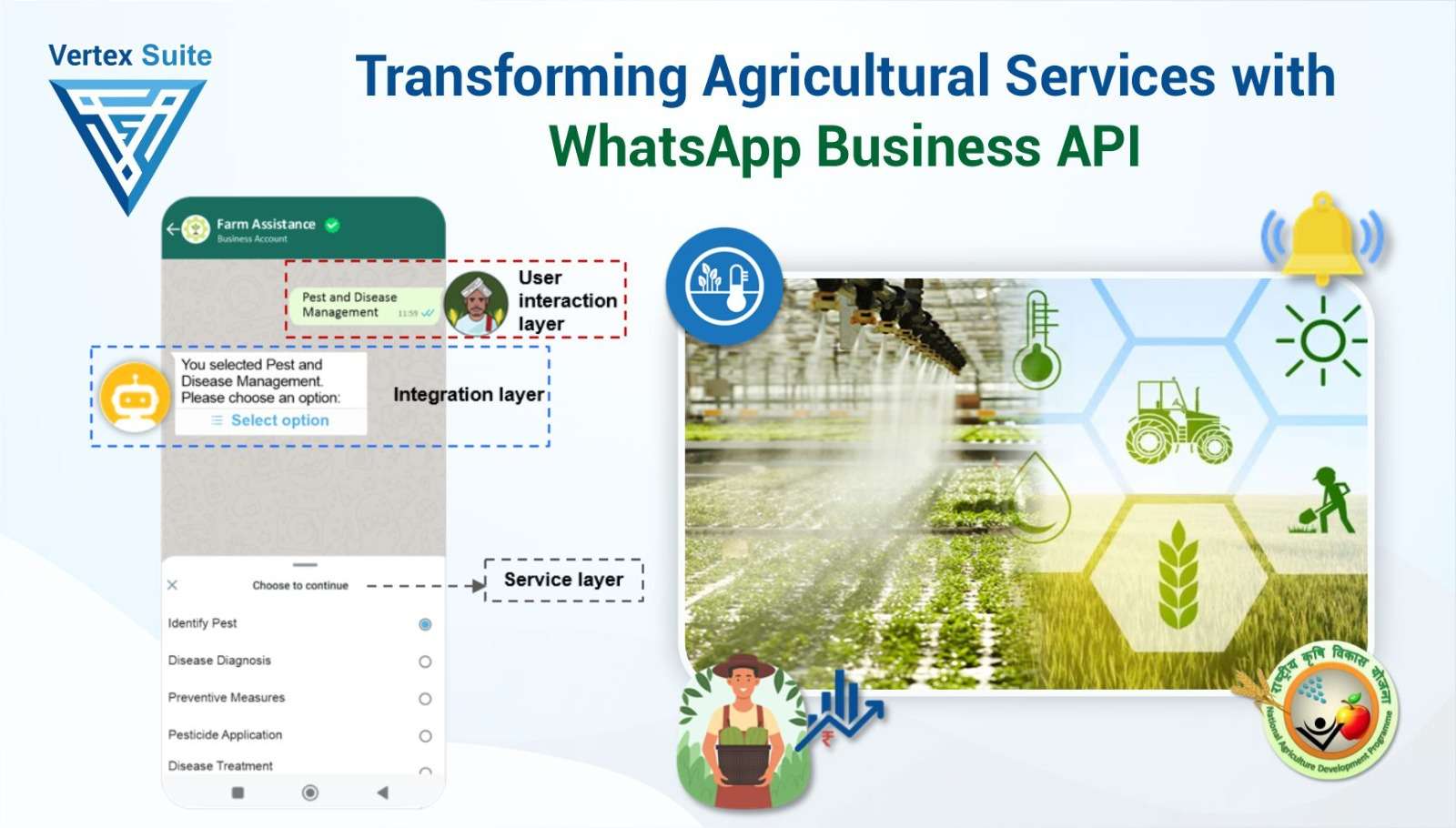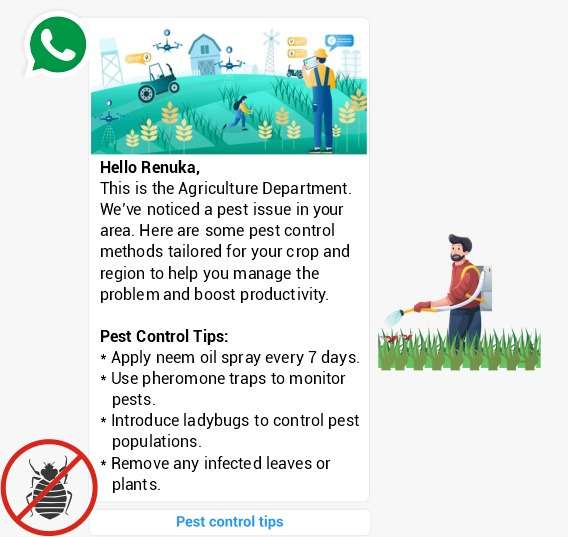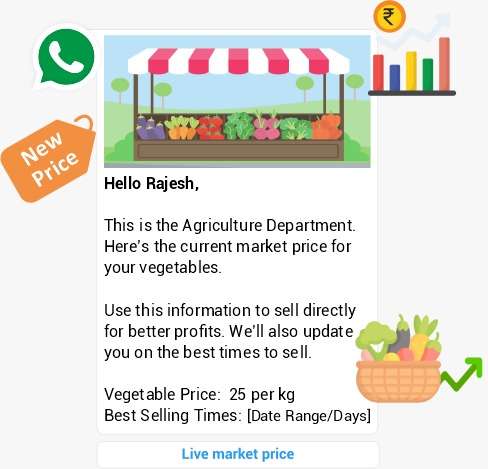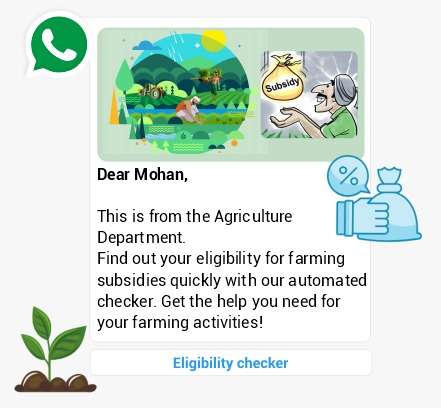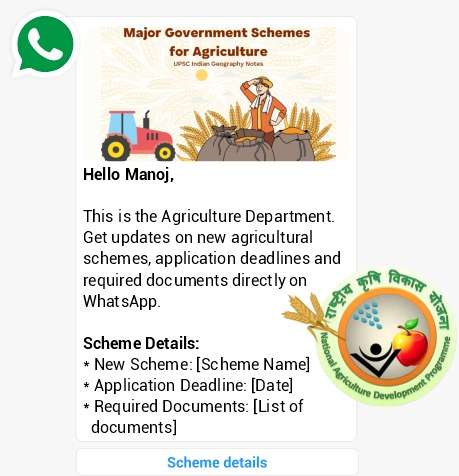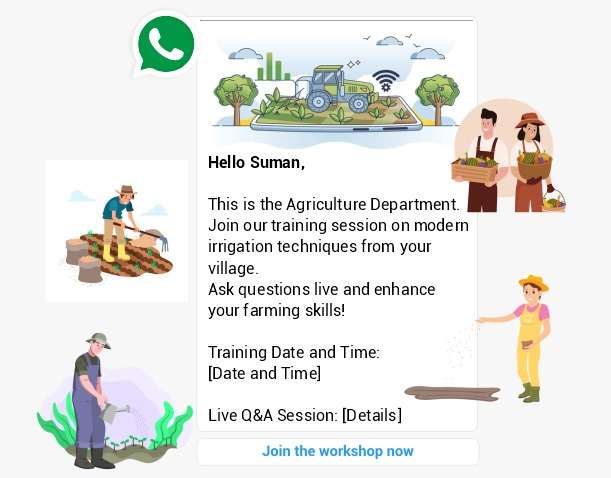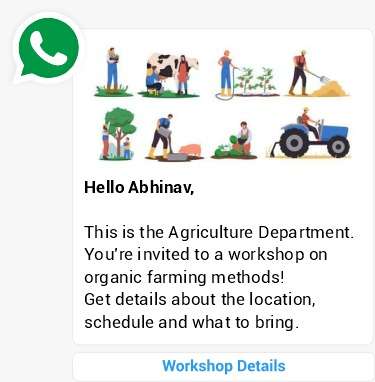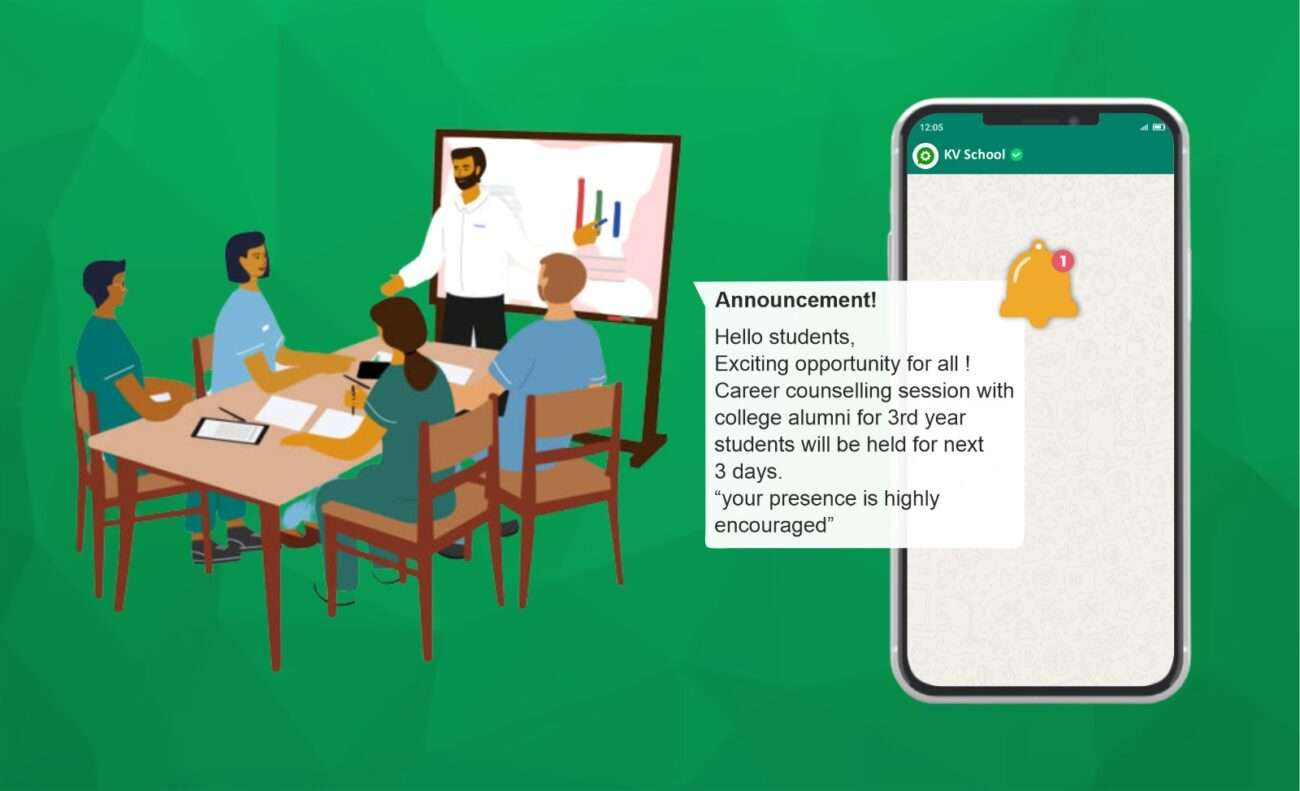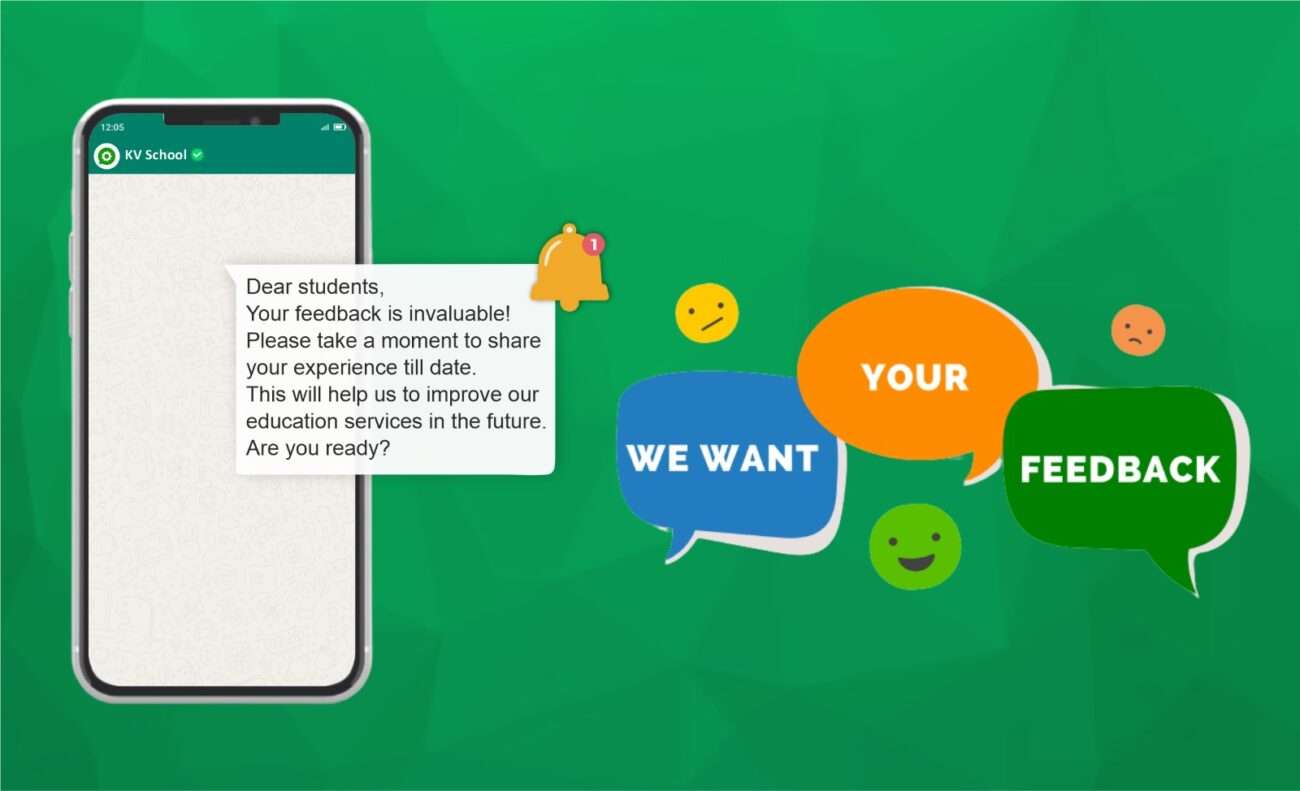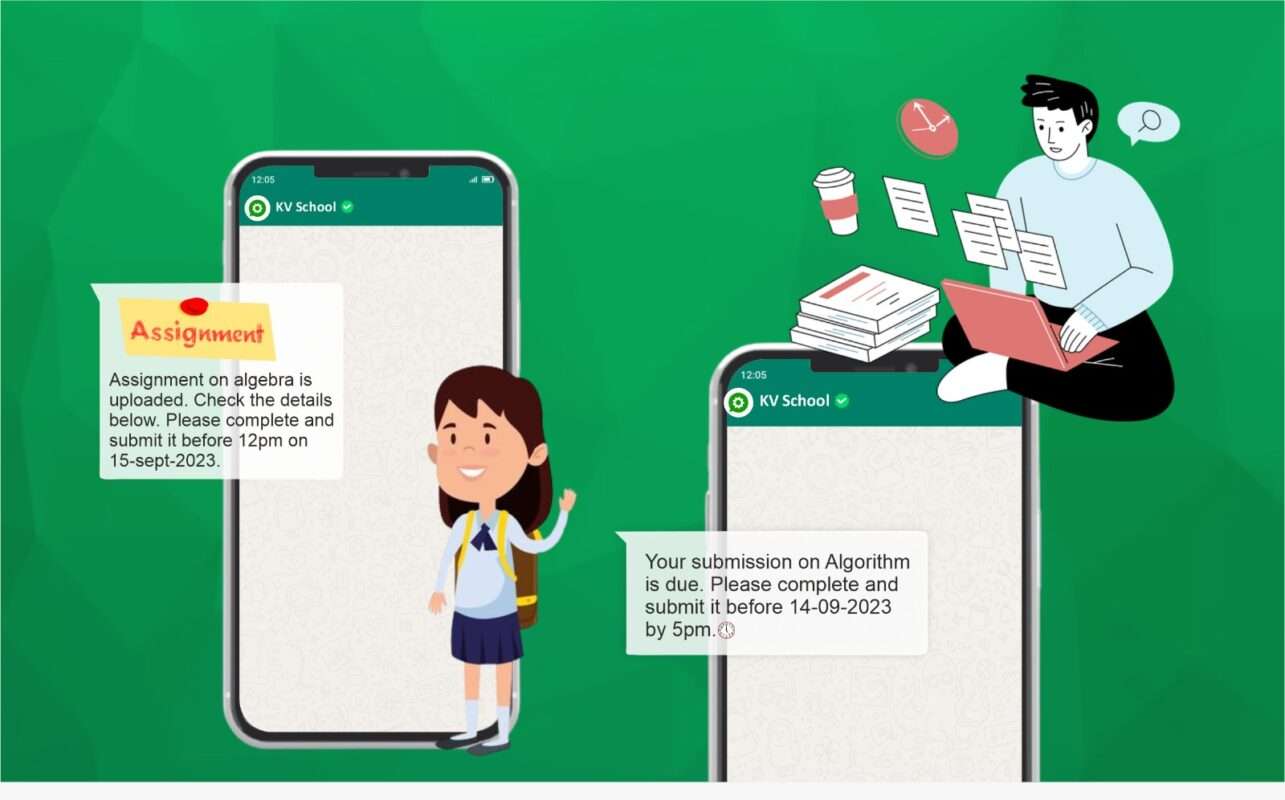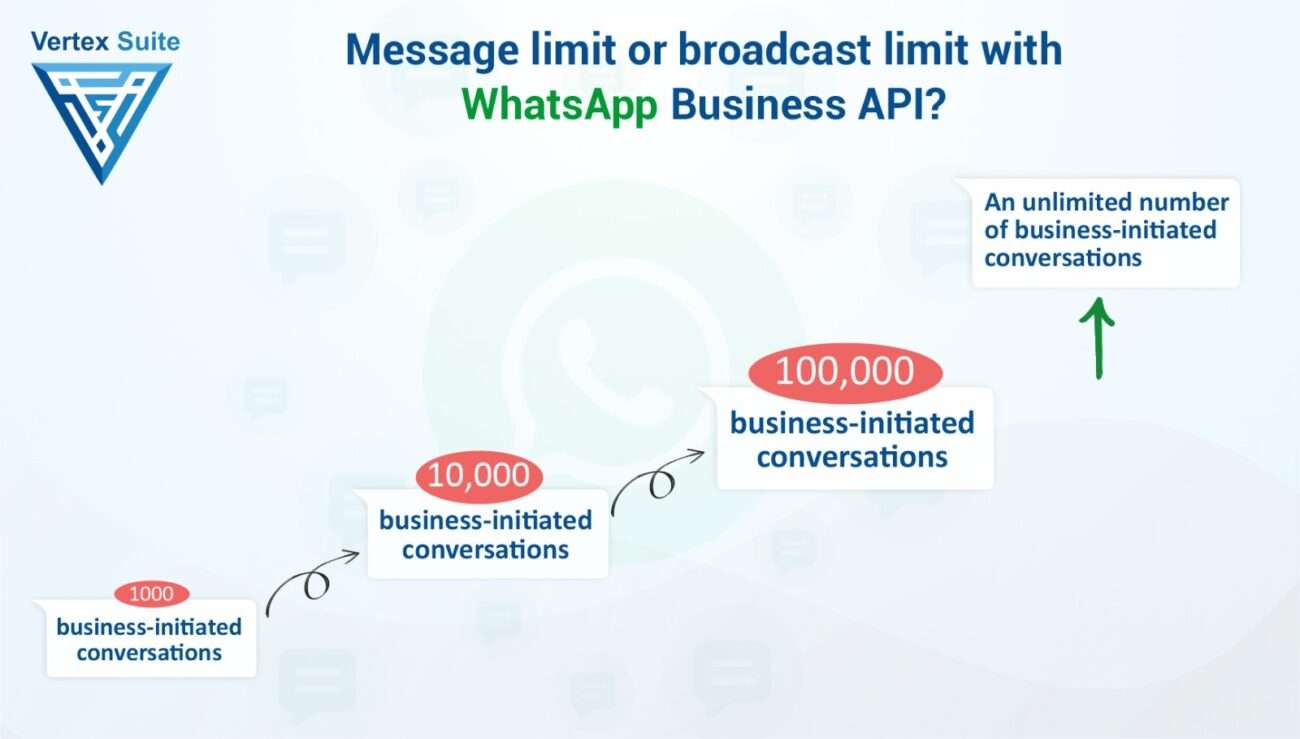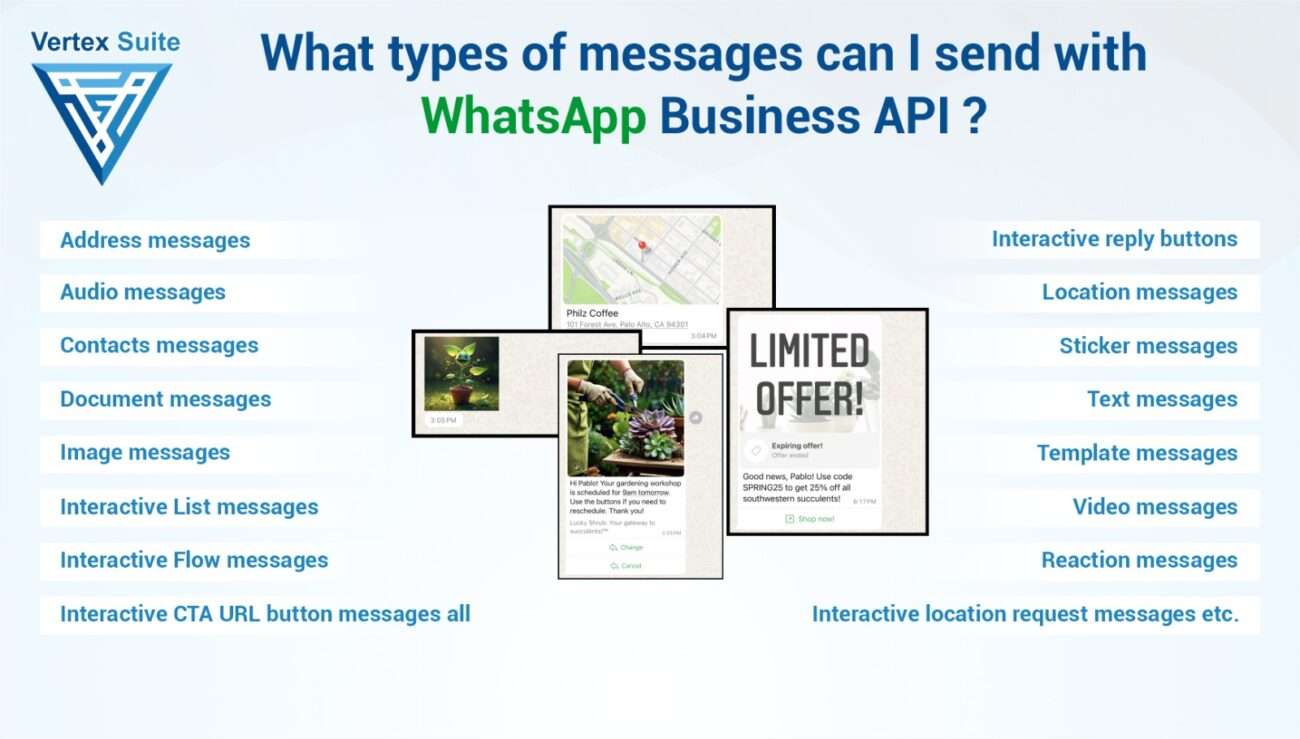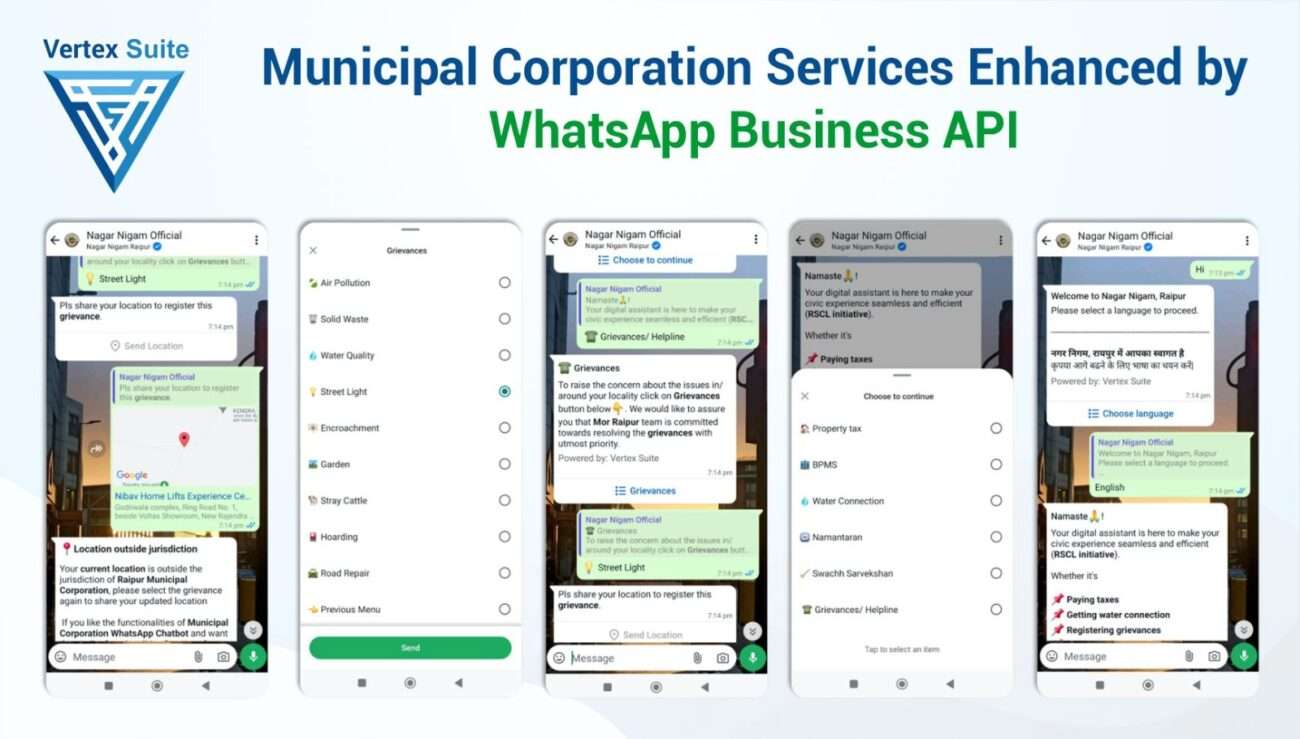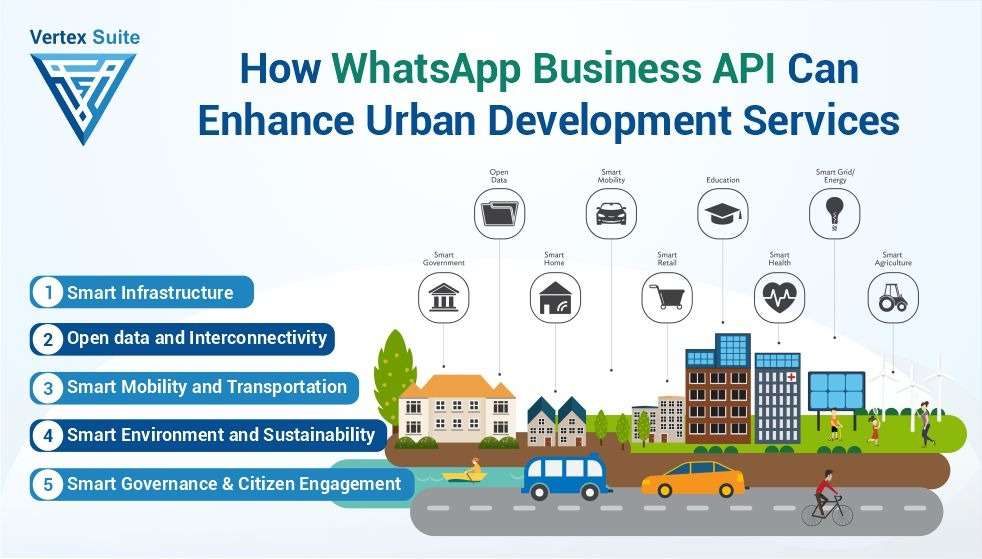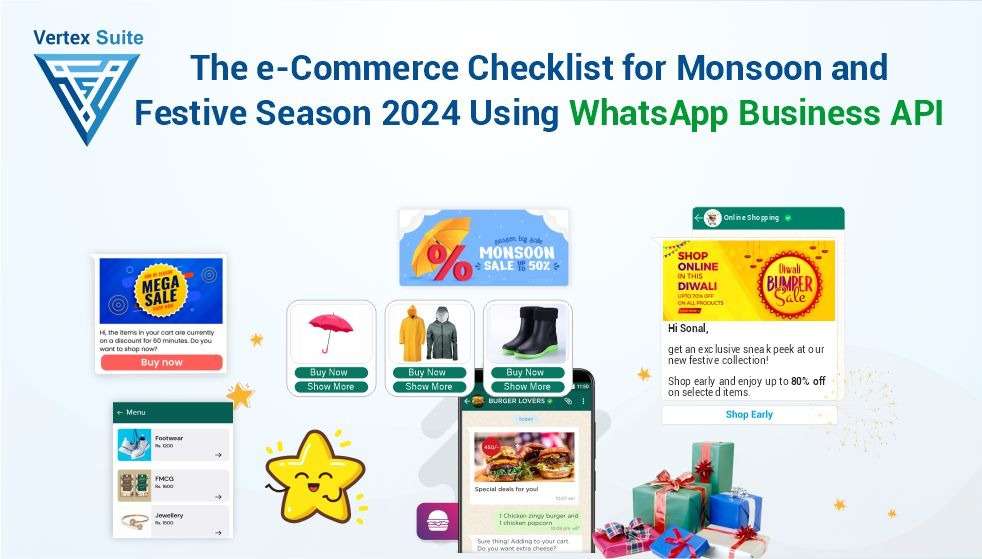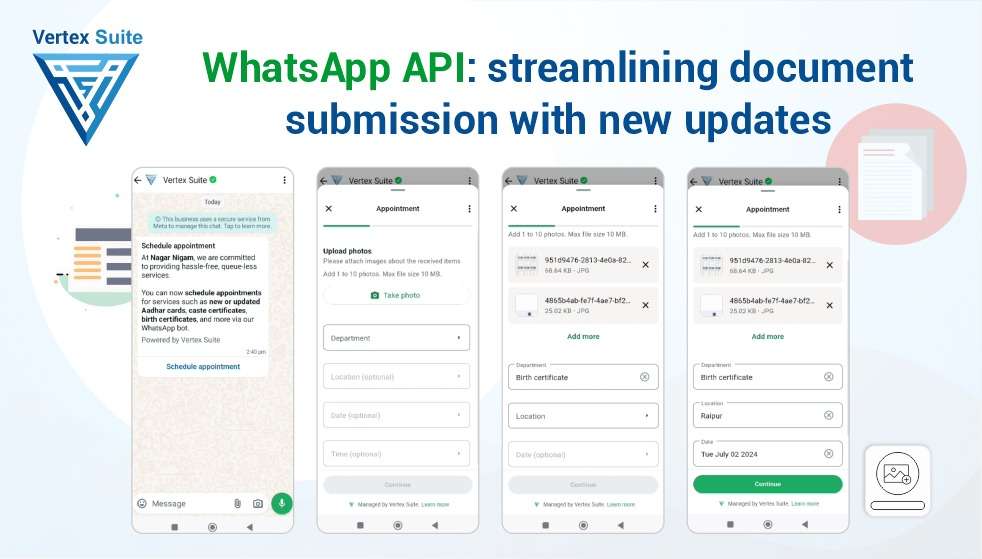In today’s fast technology world, the more systematic and timely digital communication is, the more effectively the business can connect with the people. Now let us talk about the agriculture sector in this communication system, which is the backbone of our economy. In this communication system, we can provide updates related to government schemes to farmers with the help of WhatsApp Business API. This strong high response communication channel provides an innovative solution for the government to reach the farmers efficiently. It can also guide them to plant and remove crops correctly by providing weather information to farmers in real time.
In today’s blog, we will tell how the agriculture government, with the help of WhatsApp Business API, promotes communication corporations in the agriculture sector and enables them to provide crop information, subsidy and other agricultural solutions. Let us try to understand some features and services of WhatsApp Business API as an example.
1. Farmers’ Updates: A Vital Need
1. Real-time Weather Alerts:
Farmers depend heavily on weather conditions for their farming. Timely weather forecast can help them plan sowing, irrigation and harvesting activities more efficiently. Here WhatsApp Business API enables the government to provide important weather-related information to farmers directly on their mobile phones. Through weather alerts, it ensures that they can take immediate action to protect their crops.
Example: Suppose a farmer Manoj depends on periodic weather updates to plan his irrigation. Here the agriculture department sends instant alerts about upcoming storms or ideal weather conditions for sowing directly to Manoj’s WhatsApp number through WhatsApp API. As a result Manoj gets instant alerts about upcoming storms or ideal weather conditions for sowing.
2. Personalized Crop Advisories:
Providing expert advice on crop management for better crop production can further improve the agricultural production of the farmer. The Department of Agriculture can send important personalized crop advice based on the farmer’s location and crop type through WhatsApp messages. This includes pest control measures, fertilizer tips and best practices, which help farmers make informed decisions for better production of their crops.
Example: Renuka, a farmer in a small village in West Bengal, often faces pest infestations while tending to her crop. The government sends the woman specific advice on pest control methods for her crop and region via WhatsApp messages. This personalized guidance helps Renuka manage her crop more effectively, increase crop productivity and reduce losses.
3. Interactive Market Price Updates:
The most important thing is to sell the crops at the right price and farmers do not know the current price of the produce they grow in the market which can have a significant impact on their income. The government can send daily updates on market prices through WhatsApp messages. Additionally, farmers can interact with the system to receive customized price alerts for specific crops, allowing them to sell their produce at the right time and at the best price.
Example: Rajesh is a vegetable farmer and he knows that middlemen do not give him the right price for his produce, due to which he gets less profit. The government sends vegetable price updates via WhatsApp, allowing him to sell his crop at fair market rates. Additionally, he receives notifications about when to expect the best price for his produce.
2. Subsidies and Schemes:
1. Automated Eligibility Checker:
Every year the government provides new schemes and subsidies to promote the development of farmers and agriculture so that farmers can work with full dedication but the problem is that the information does not reach them on time due to which many people are not able to take advantage of these schemes. The government can send scheme and subsidy eligibility information directly to farmers’ mobile phones via WhatsApp messages, allowing them to take immediate action based on the information.
Example: Mohan is a small farmer and he is unaware of the various subsidies available to him. The government sends him a WhatsApp message to check his eligibility for various subsidies. This automated checker simplifies the process, ensuring Mohan doesn’t miss out on financial assistance for his farming activities.
2. Real-time Scheme Notifications:
New agricultural schemes and programs are regularly launched for the development of farmers and their farming. The government spreads awareness about these schemes by sending real-time information through WhatsApp messages so that farmers can avail the benefits immediately. Along with this, information about the last date of application and the required documents can also be sent through WhatsApp, which reduces the chances of missing out on opportunities.
Example: Manoj, a rice grower, often misses out on new agricultural schemes. The government sends information about e-schemes, application deadlines and required documents to Manoj’s WhatsApp via the WhatsApp API. This timely update ensures that Manoj is always updated and able to take advantage of the schemes available to him.
3. Training and Workshops:
1. Interactive Training Sessions:
Exposure of farmers to new agricultural resources and practices can help them increase their production efficiency which will require continuous learning and training. The government announces and conducts interactive training sessions and workshops through WhatsApp messages. Farmers can participate in live Q&A sessions, access training materials and get instant feedback, which can further improve their learning skills.
Example: Suman wants to learn about modern irrigation techniques. The Agriculture Department now announces training sessions via WhatsApp, allowing Suman to join interactive workshops directly from her village.
This setup makes learning more effective and accessible by enabling her to ask live questions during the session.
2. Personalized Workshop Invitations:
To maximize participation in government workshops, farmers can send out personalized invitations for training sessions via WhatsApp. These invitations may include details of the location, schedule, and preparations required to suit the specific interests and needs of the farmer.
Example: Abhinav is interested in organic farming. The government sends him a personalized invitation to a workshop on organic farming methods via WhatsApp message. The invitation includes details about the location, schedule, and what to bring. This customized approach ensures that Abhinav gets relevant information and is motivated to attend the workshop.
Comprehensive Information Access:
The ease of use and accessibility of WhatsApp to farmers and people provides the government with a better communication solution. The Agriculture Department uses the WhatsApp Business API to deliver updates, notifications, and detailed information directly to farmers via WhatsApp. This eliminates the need for visiting multiple websites. This ensures farmers have easy access to information, allowing informed decisions and improved practices.
This advanced communication system will not only benefit the farmers in the agriculture sector but will also contribute to the overall development and growth of the agriculture industry. It’s time for the government to adopt this technology, changing its interactions with farmers to ensure a bright and prosperous future for India’s agriculture sector.


